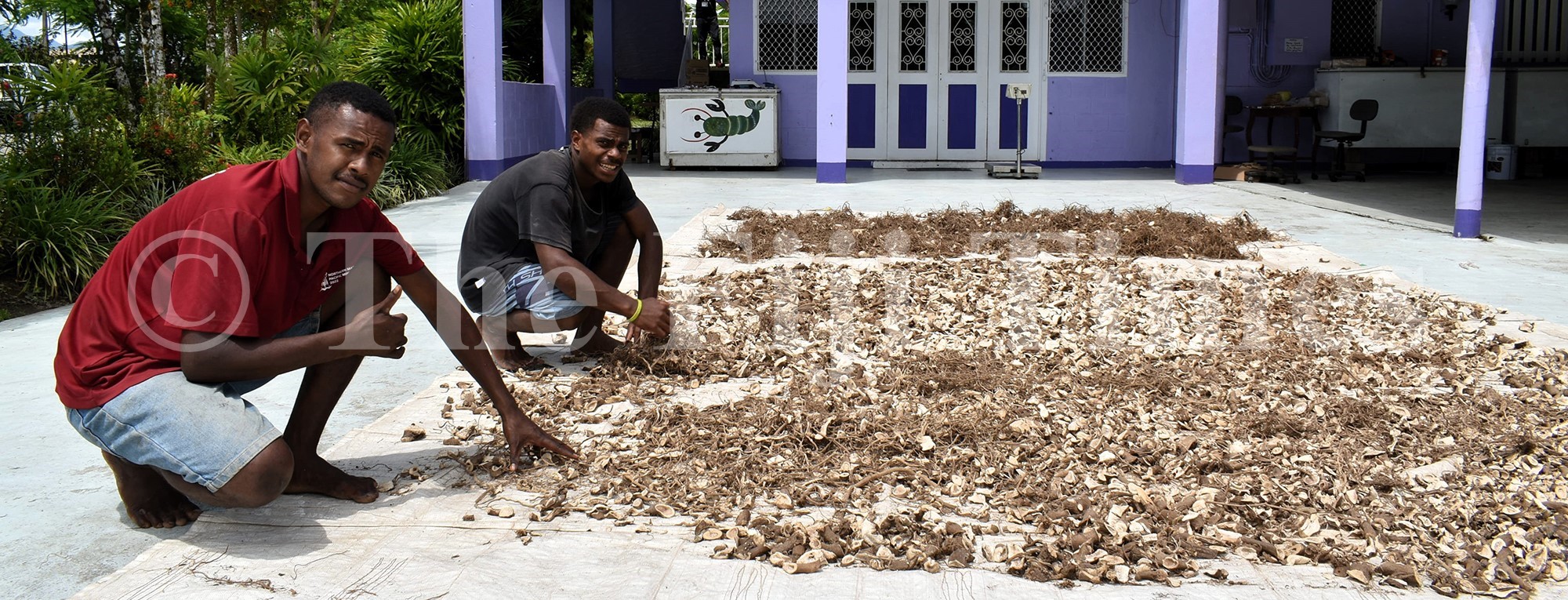The European Union has again slammed any hope of kava from the Pacific entering its market, with a firm reminder that until an assessment is made to determine the safety of kava as a product safe for human consumption, it will not be allowed into the EU market.
Moustapha Magumu, principal co-ordinator for the Pacific region at the European Comission, reminded the Pacific parties of the importance of such an assessment during a kava workshop organised by the Pacific Islands Forum Secretariat and the Secretariat of the Pacific Community, currently underway in Nadi.
“Without doing so, there is certainly no chance of having kava allowed for export into the EU, Mr Magumu said, despite points raised by Pacific kava stakeholders that reports by the World Health Organization and other groups validating the safety of kava are already available.
The safety of kava for human consumption was at the heart of a blanket global ban on kava in the early 2000, initiated by Germany and later supported and adopted by the European Community.
The ban was later lifted but continuous efforts by major kava growing countries in the Pacific — Vanuatu, Fiji and Tonga — were met with blunt resistance from the EU. “Anything we do will not be to the standard or the liking of the EU no matter how much we will put ourselves under pressure for.
We will bend ourselves six ways, we will break the toes and the nails in order to get to those requirements, yet we will fall short,” chair for Tonga’s Kava Working Group Fe’iloakitau Tevi said.
“We have fallen short for the last 20 years for wrong reasons and now that we know better about kava, we will still fall short, because of exactly what my colleague from SPC said: we are up against the bias.
“So we’ve reached that plateau, that level where the sense of frustration from our side is now on the table.”
Trade Correspondent/Programme manager at the Delegation of the European Union in Suva Massimo Camassei told this newspaper that the Pacific can renew its efforts and put forward a new request to the EU which can be funded by the EU but any assessment will ultimately be a scientific one with outcomes based on science and not bias.



